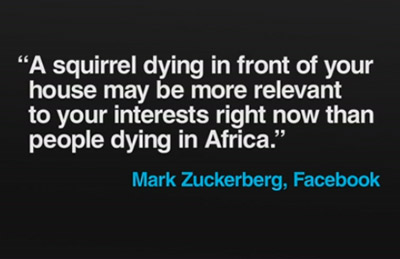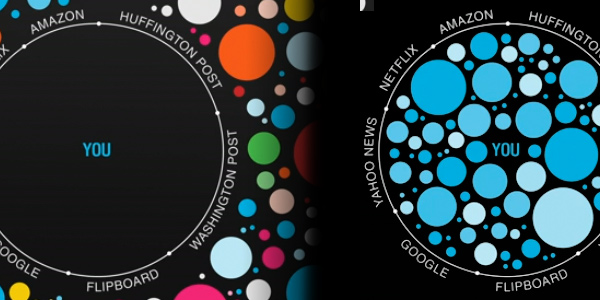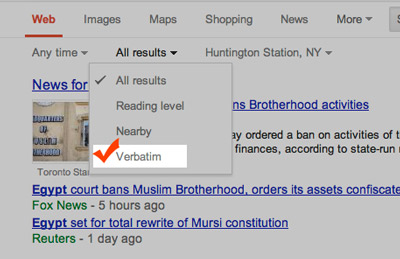
Filter Bubbles: Beware or Be Helpful?
The emergence of the internet pushed aside the human gatekeepers of information. These gatekeepers from Fox, CNN, etc. are the editors that control the flow of information in broadcasting. With the growth and expansion of the internet came an opening of free access to all information and connections. However, there are new algorithmic editors that are now filtering our information. This is becoming known as “The Filter Bubble”. When Mark Zuckerberg was asked in an interview about why some posts were being removed from people’s newsfeeds he said that people may find a small animal dying on their lawn more relevant to their interests than people dying in a foreign country. If you’ve checked your Instagram feed lately, what he’s saying isn’t too far off.

The idea is that with personal search, the algorithm will deliver a more useful experience to us. The algorithm will take information from what we click on, view, and subscribe to in order to give us customized results. Facebook, Yahoo, Google, are all doing this invisible editing of our web based on the new algorithm. I understand how this may be helpful in getting from point A to point B… like if you are in need of a vacuum repair in Lolo, Montana or are looking to solely dress in vintage reproductions. Yet the problem that Eli Praiser and others are speaking out on is about losing the abstract, new, and possibly uncomfortable ideas in our searches that bring new life into old patterns of thinking and behavior.
 The original intentions of the internet was not to bring us solely relevant information. What was once a tool to introduce us to new ideas and people, is now leaving us isolated in a web of one.
The original intentions of the internet was not to bring us solely relevant information. What was once a tool to introduce us to new ideas and people, is now leaving us isolated in a web of one.
Put it to the Test!
In Eli Pariser’s TEDtalk, he experimented by having a friend Google the same word from their respective computers. The results were quite different. I tested this personalization experiment by asking a friend to Google “golf” and screen shot his results. My results (being a female blogger with interest in random facts and today’s news in article form) received quite different results from my male friend (whose results showed where he could go golfing nearby and for how much). I particularly enjoyed (quite sarcastically) the listing in my search results for the website “America’s Golfing Couple”- a charming website for lovers on the back nine. You know nothing Google!

So What Does it all Mean?

So what do we do from here? It seems that the fate of our searches lie in the hands of these internet moguls. While we understand that their intentions are probably (probably) to help users have an easier time getting what they need right now, the ramifications of this algorithm could be bringing us a future of truncated information. There are a few ways that you can turn off personalization and so-called relevancy. One of the simplest ways is by clicking “More Search Tools” link and then click “Verbatim.” This isn’t a permanent solution, but it is a good way to see a contrast of the search results a specific query will throw at you.